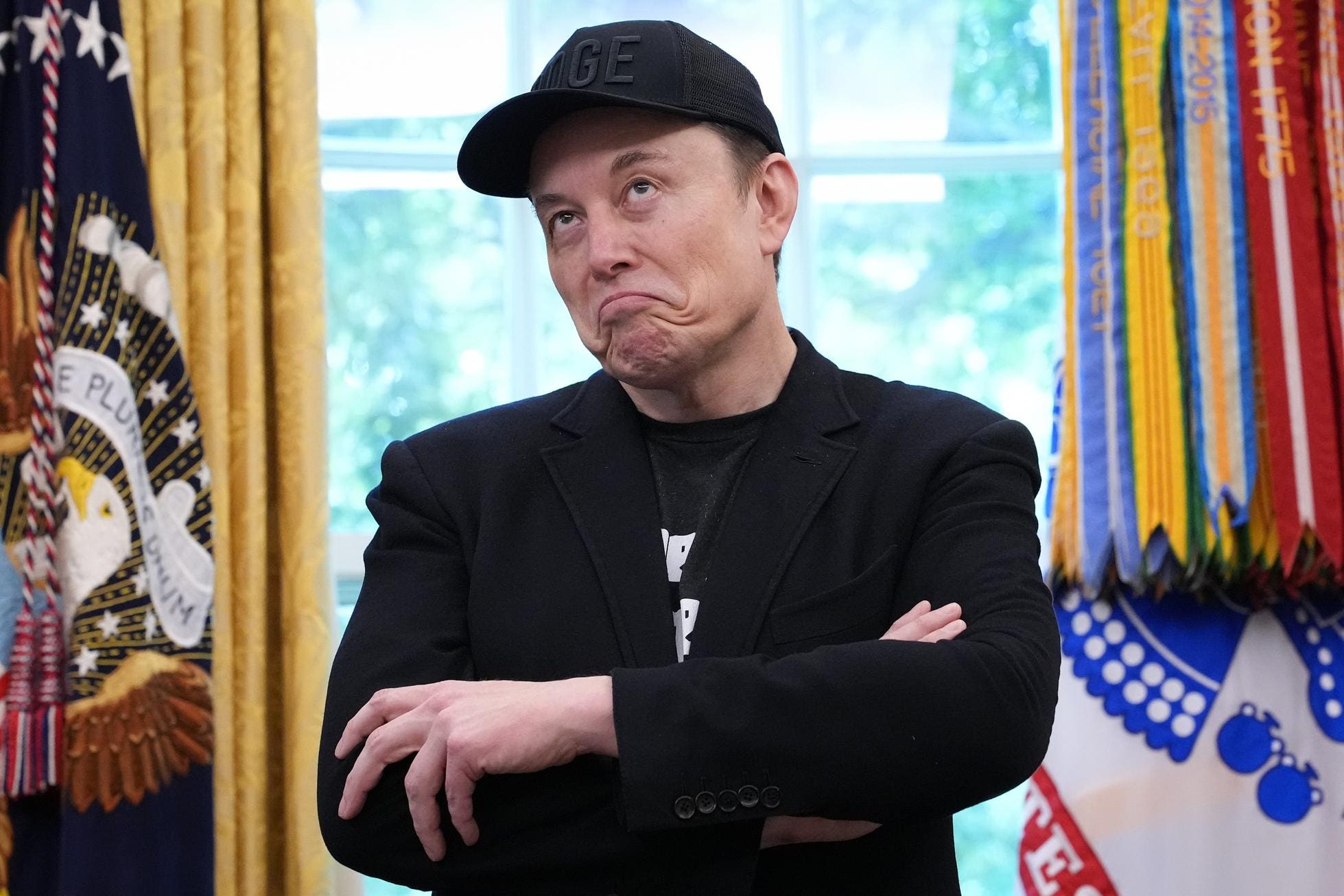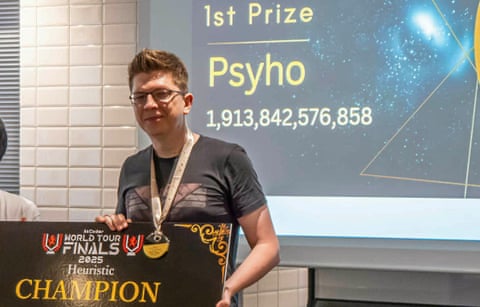
“Today, a Google search for Grok chats shows that the search engine has indexed more than 370,000 user conversations with the bot. The shared pages revealed conversations between Grok users and the LLM that range from simple business tasks like writing tweets to generating images of a fictional terrorist attack in Kashmir and attempting to hack into a crypto wallet. Forbes reviewed conversations where users asked intimate questions about medicine and psychology; some even revealed the name, personal details and at least one password shared with the bot by a Grok user. Image files, spreadsheets and some text documents uploaded by users could also be accessed via the Grok shared page. ”
Source : Elon Musk’s xAI Published Hundreds Of Thousands Of Grok Chatbot Conversations







